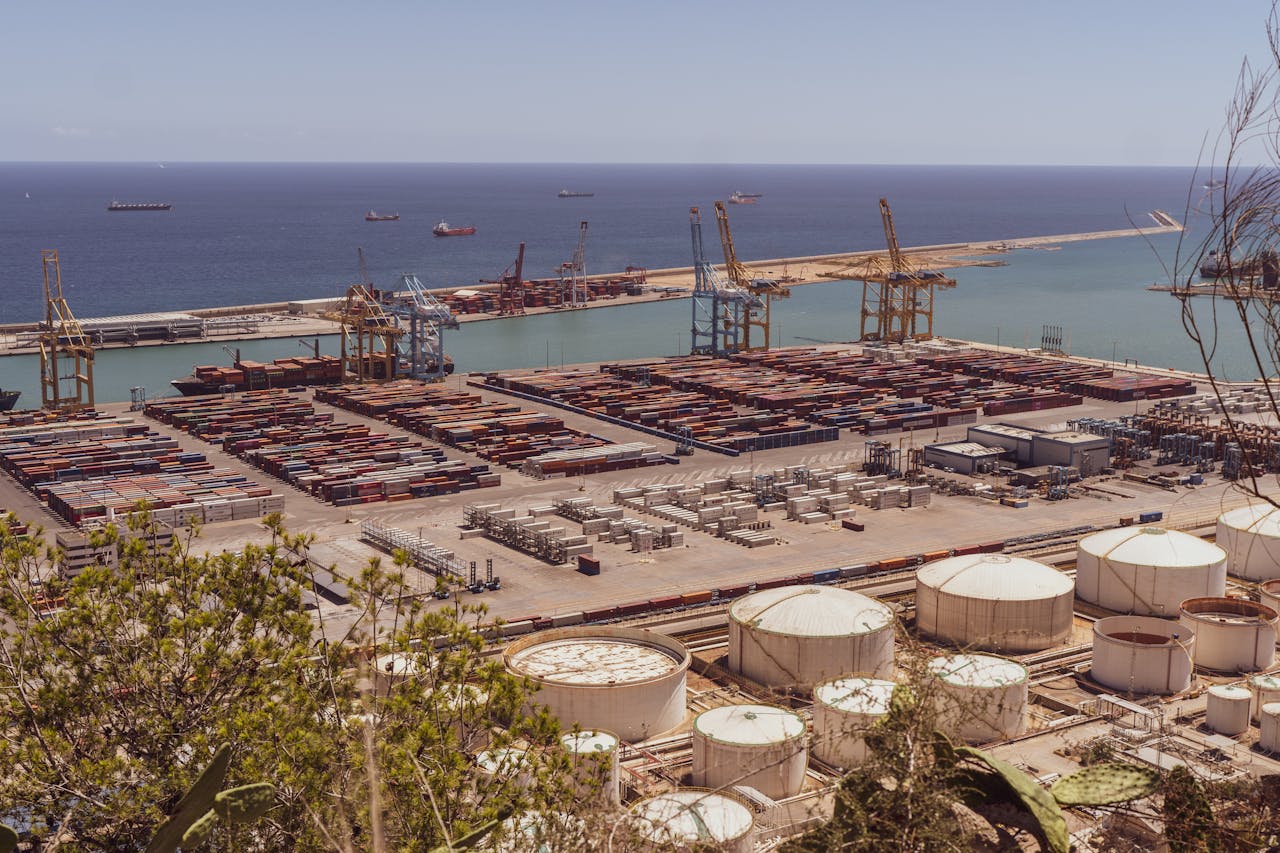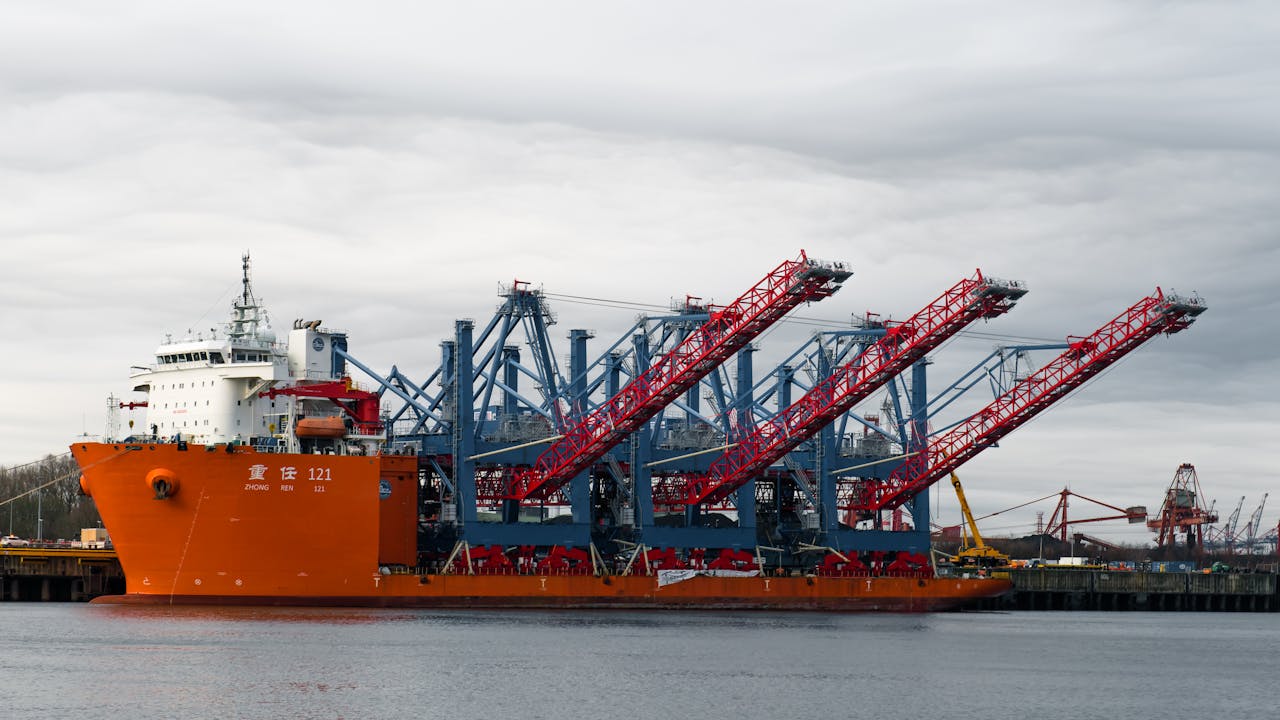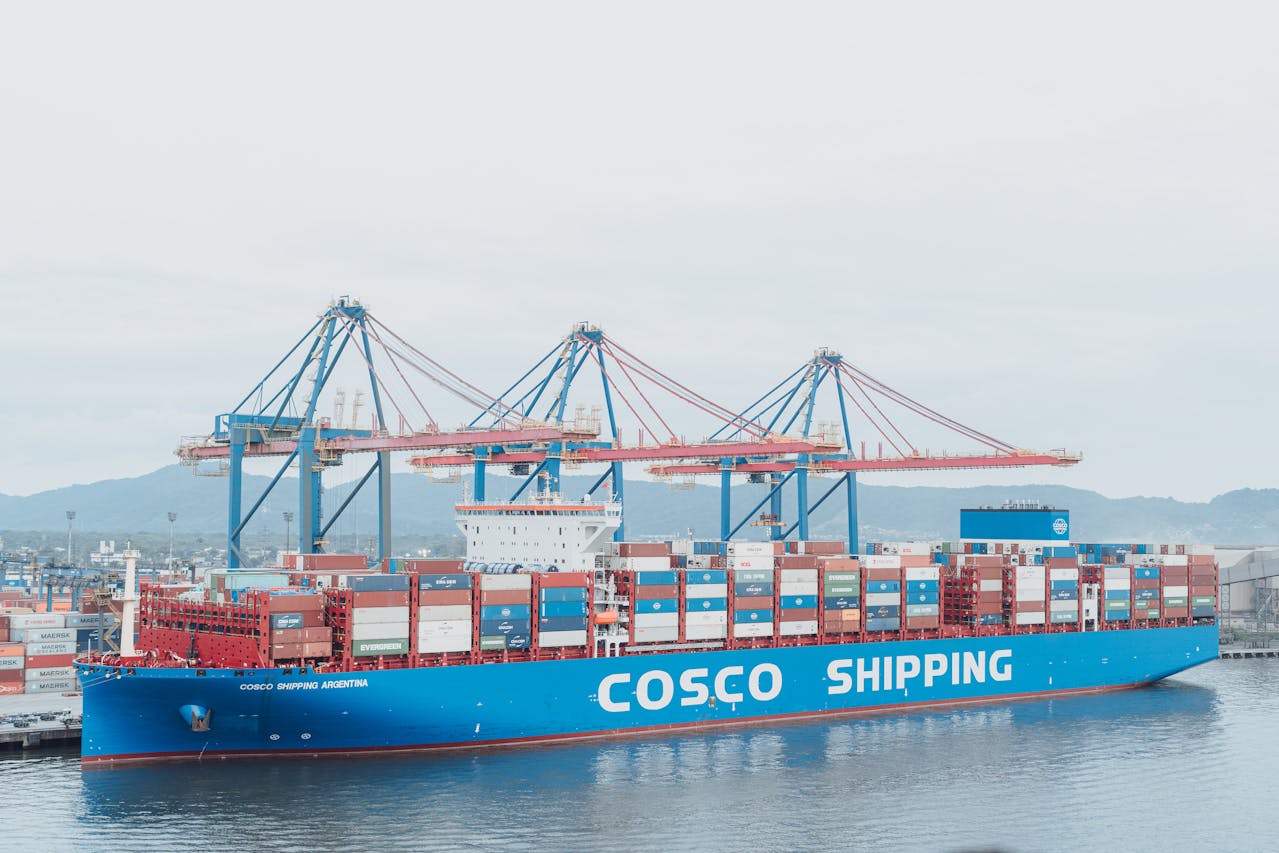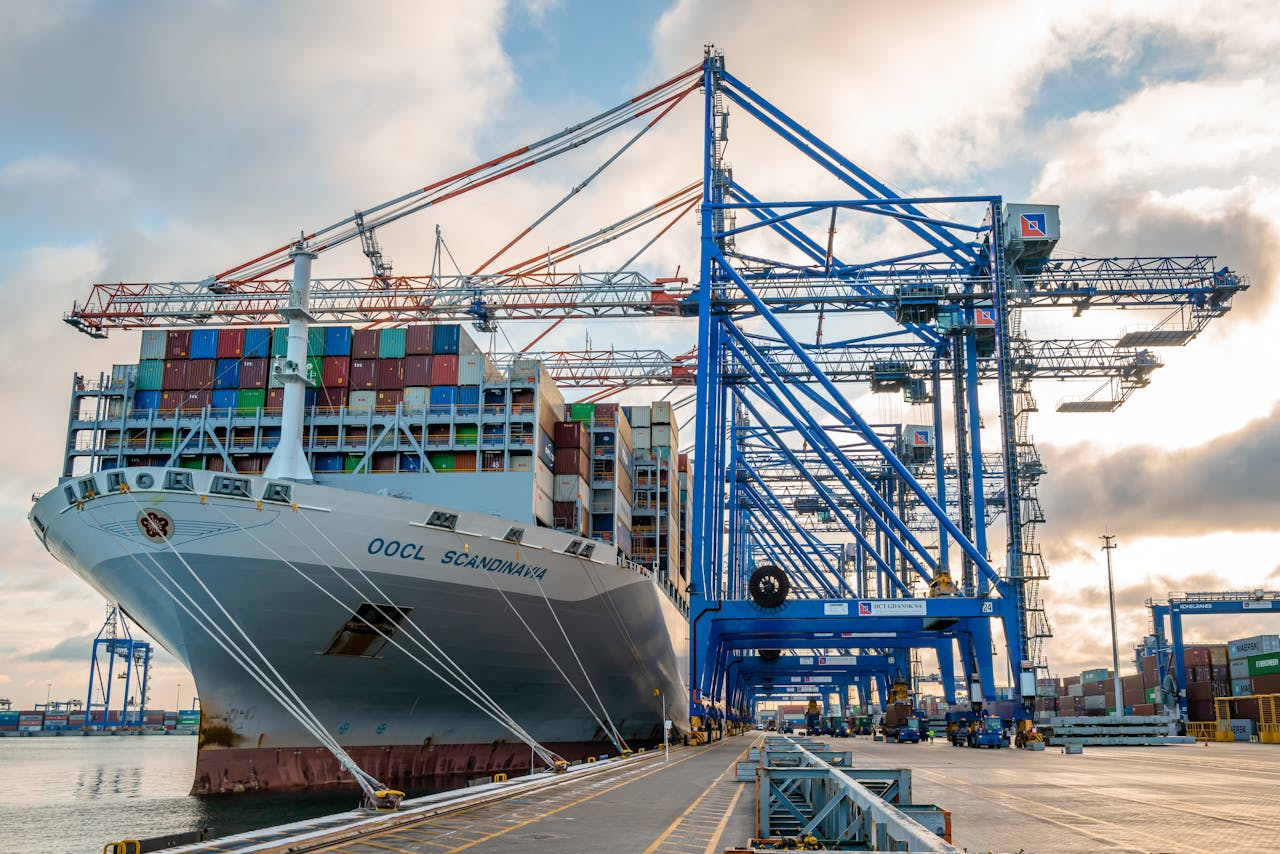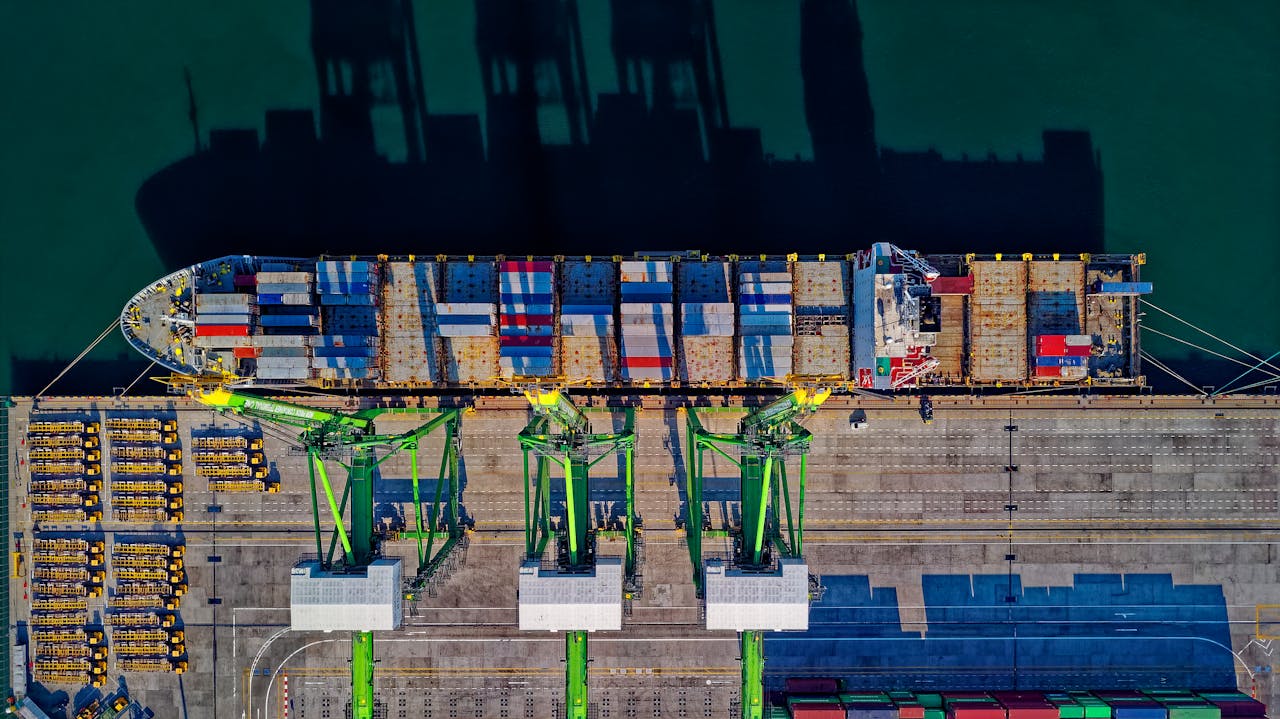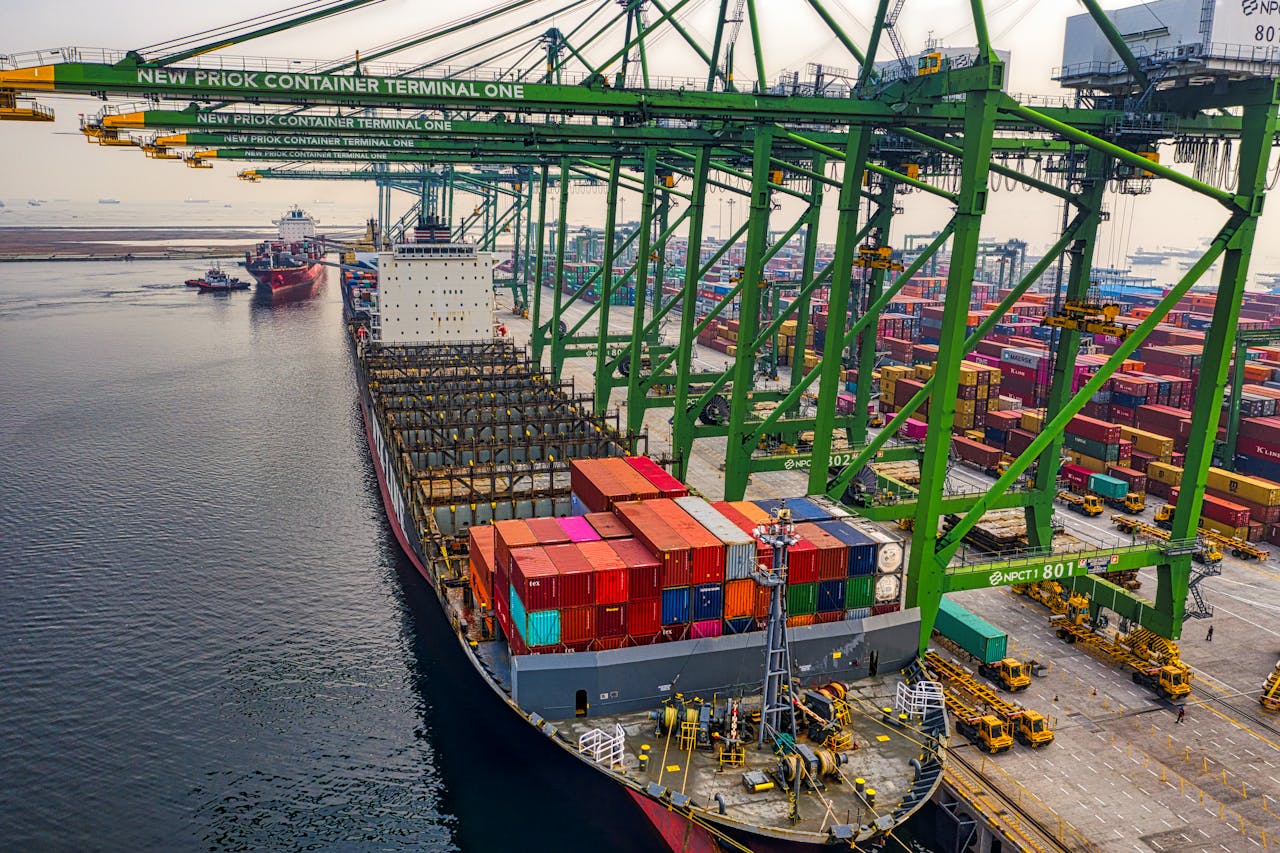Container Terminal Operations and Management
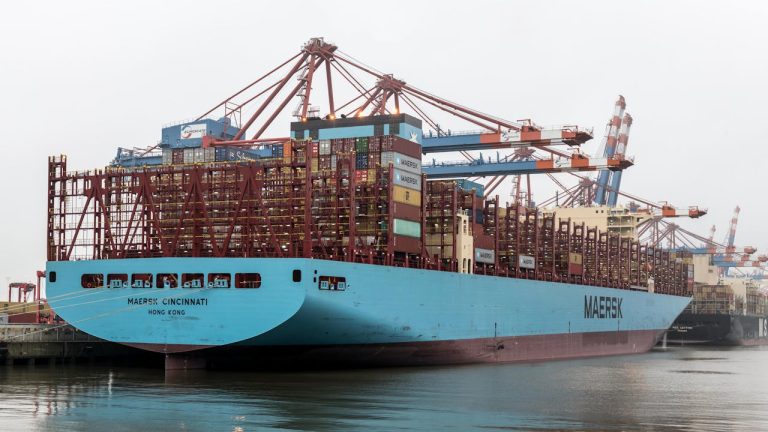
| No upcoming Schedule available for this course. | Register |
|---|---|
| Take control of your schedule! Choose your preferred dates and locations. click the register button. | Register |
| Date | Venue | Duration | Fees (USD) | Register |
|---|---|---|---|---|
| 10 Nov - 12 Nov, 2025 | Accra | 3 Days | $4680 | Register → |
| 08 Dec - 10 Dec, 2025 | Marrakech | 3 Days | $4680 | Register → |
Did you know that container terminals play a crucial role in global logistics, serving as vital nodes for the transfer of shipping containers between ships and other modes of transport, such as trucks and trains, facilitating international trade and economic growth?
Course Overview
The Container Terminal Operations and Management course by Alpha Learning Centre is meticulously designed to equip professionals with essential skills in optimising container terminal operations, strategic planning, and management of container logistics. This course focuses on how professionals can effectively apply best practices in container handling technology integration, enhance skills in yard and quay management, and develop capabilities to handle peak operational demands and disruptions to ensure comprehensive operational excellence in modern container terminal environments.
Why Select This Training Course?
Selecting this Container Terminal Operations and Management Course offers numerous advantages for professionals involved in terminal management and logistics coordination. Participants will gain advanced knowledge of strategic terminal planning, container handling operations, and technology integration. The course provides hands-on experience with industry-standard terminal management systems and real-world case studies, enabling attendees to optimise their terminal operations strategies effectively.
For organisations, investing in this training enhances overall operational efficiency and ensures better alignment with global logistics standards. Research indicates that implementing comprehensive terminal management frameworks results in enhanced ability to manage complex container handling processes and improve customer satisfaction. According to industry experts, container terminal operations are not merely a logistical challenge but a strategic imperative that drives business success by enhancing operational efficiency, reducing costs, and improving supply chain reliability.
For individuals who complete this course, will benefit from enhanced career prospects as they become more valuable assets in their respective fields. Studies indicate that professionals with container terminal management expertise can significantly improve their career trajectory as understanding terminal operations and logistics positions individuals as specialists in a high-demand field.
Transform your container terminal management capabilities – Register now for this critical advanced training programme!
Who Should Attend?
This training course is ideal for:
- Terminal managers
- Operations directors
- Logistics coordinators in container handling
- Port authority officials
- Container managers
- Consultants specialising in port and terminal operations
What are the Training Goals?
This training aims to:
- Optimise container terminal operations for efficiency and cost-effectiveness
- Master the strategic planning and management of container logistics
- Enhance skills in yard and quay management
- Implement best practices in container handling technology integration
- Develop capabilities to handle peak operational demands and disruptions
How will this Training Course be Presented?
The Container Terminal Operations and Management Course delivers comprehensive, hands-on training through proven methodologies designed to maximise learning outcomes and practical skill development. Our expert instructors employ the following methods:
- Strategic simulation games mirroring terminal operations
- Real-world case studies from leading container terminals
- Interactive sessions for operational strategy formulation
- Virtual tours of cutting-edge terminal designs
- Expert insights on operational efficiency and innovation
Each delivery method is carefully integrated to ensure participants gain both theoretical knowledge and practical experience. The course structure promotes active engagement and real-world application, allowing participants to develop crucial analytical and strategic skills within a supportive learning environment.
Join us to experience this dynamic and effective learning approach – Register now to secure your place!
Course Syllabus
Module 1: Strategic Terminal Planning
- Long-term capacity planning for container terminals
- Spatial layout and infrastructure development
- Integration with national and international logistics networks
- Forecasting and scenario planning for terminal growth
- Regulatory and environmental considerations in planning
Module 2: Container Handling Operations
- Advanced techniques in ship-to-shore operations
- Yard management strategies for optimal container stacking
- Gate operations and truck turnaround times
- Use of automation and robotics in handling
- Safety protocols specific to container operations
Module 3: Technology in Terminal Management
- Implementation of Terminal Operating Systems (TOS)
- IoT and real-time tracking systems for containers
- Cybersecurity measures for port operations
- Data analytics for operational insights and decision-making
- Digital transformation strategies for terminals
Module 4: Performance Metrics and Benchmarking
- Key performance indicators for terminal operations
- Benchmarking against global standards and peers
- Productivity analysis and improvement techniques
- Cost management and financial performance metrics
- Service level agreements and their implications
Module 5: Human Resource Management in Terminals
- Training and development for operational staff
- Managing diverse teams in a 24/7 environment
- Leadership and motivation in high-stress operations
- Health, safety, and welfare in terminal settings
- Strategies for staff retention and skill enhancement
Module 6: Disruption Management and Resilience
- Planning for operational disruptions like strikes or weather events
- Crisis management protocols for terminal operations
- Building resilience in supply chain logistics
- Recovery strategies post-disruption
- Collaborative approaches with shipping lines and hauliers
Module 7: Sustainability in Terminal Operations
- Green port initiatives and sustainable practices
- Energy efficiency and alternative energy sources
- Reducing environmental impact of terminal activities
- Stakeholder engagement in sustainability efforts
- Compliance with international environmental standards
Module 8: Customer Relationship Management
- Understanding shipper and carrier needs
- Service quality management in container logistics
- Effective communication and feedback loops
- Customised solutions for major clients
- Building long-term partnerships in the logistics chain
Module 9: Intermodal and Multimodal Logistics
- Seamless integration with rail, road, and inland waterways
- Optimising intermodal operations for efficiency
- Challenges and opportunities in multimodal transport
- Coordination with hinterland logistics providers
- Economic models for intermodal transport efficiency
Module 10: Terminal Expansion and Redevelopment
- Assessing the feasibility of terminal expansion
- Project management for major terminal upgrades
- Financing models for infrastructure projects
- Stakeholder management during construction
- Post-expansion operational adjustments
Training Impact
The impact of container terminal operations training is evident through various real-world case studies and data, which demonstrate the effectiveness of structured programmes in enhancing operational efficiency and supply chain reliability.
Research indicates that professionals with strong container terminal management skills can significantly improve organisational outcomes. According to industry experts, companies that implement robust terminal management systems experience tangible benefits including improved container handling efficiency, reduced operational costs, and enhanced customer satisfaction. By leveraging advanced technologies like automation and digitalisation, organisations can identify areas for improvement, implement corrective actions, and maintain a competitive edge in the global logistics market.
These case studies highlight the tangible benefits of implementing advanced container terminal management techniques:
- Improved operational efficiency through streamlined processes
- Enhanced supply chain reliability through effective logistics management
- Increased customer satisfaction through consistent service delivery
- Strengthened compliance with global logistics standards
By investing in this advanced training, organisations can expect to see:
- Significant improvement in terminal operations efficiency
- Improved ability to handle complex logistical challenges
- Enhanced decision-making capabilities through operational insights
- Increased competitiveness through comprehensive terminal management strategies
Transform your career and organisational performance – Enrol now to master Container Terminal Operations and Management!

